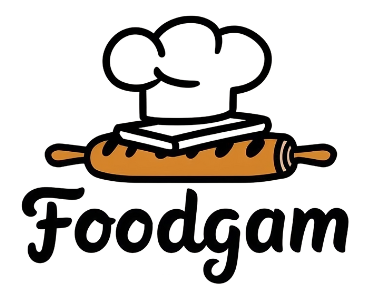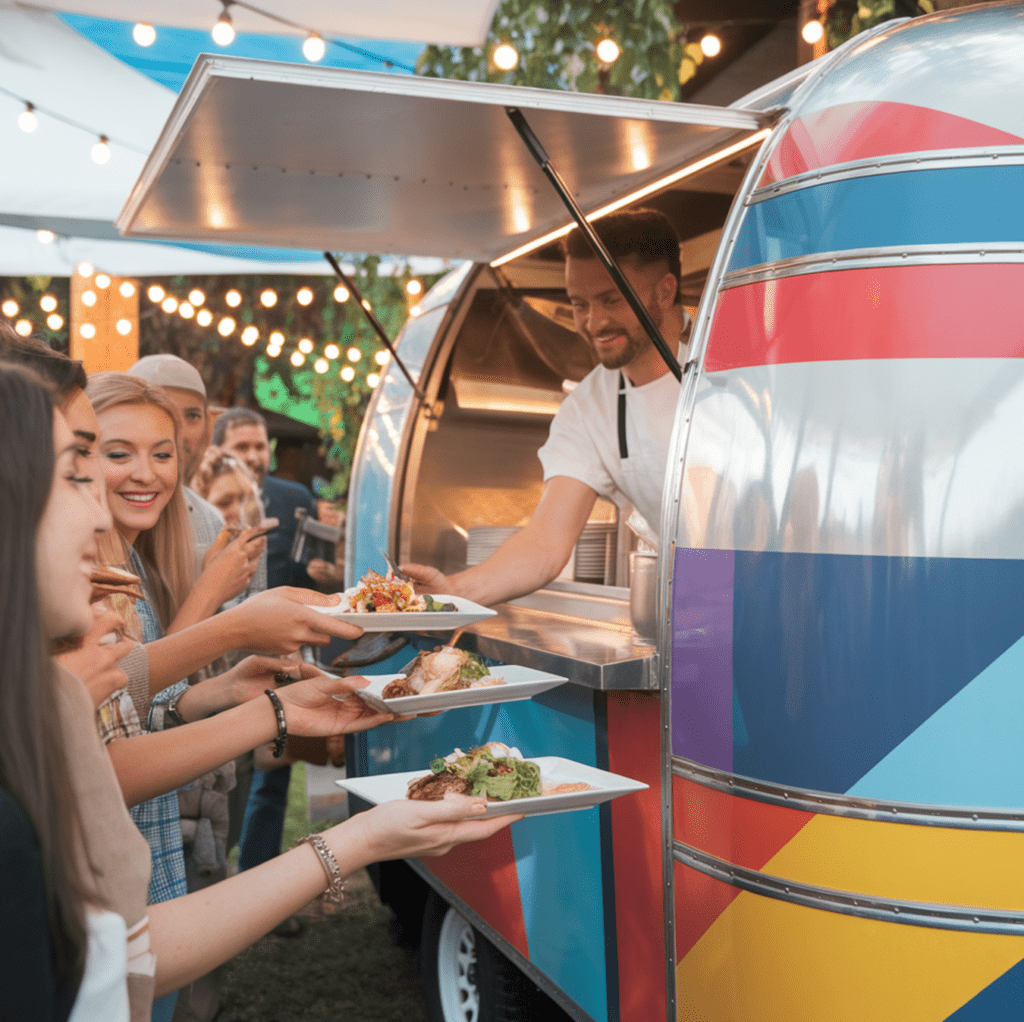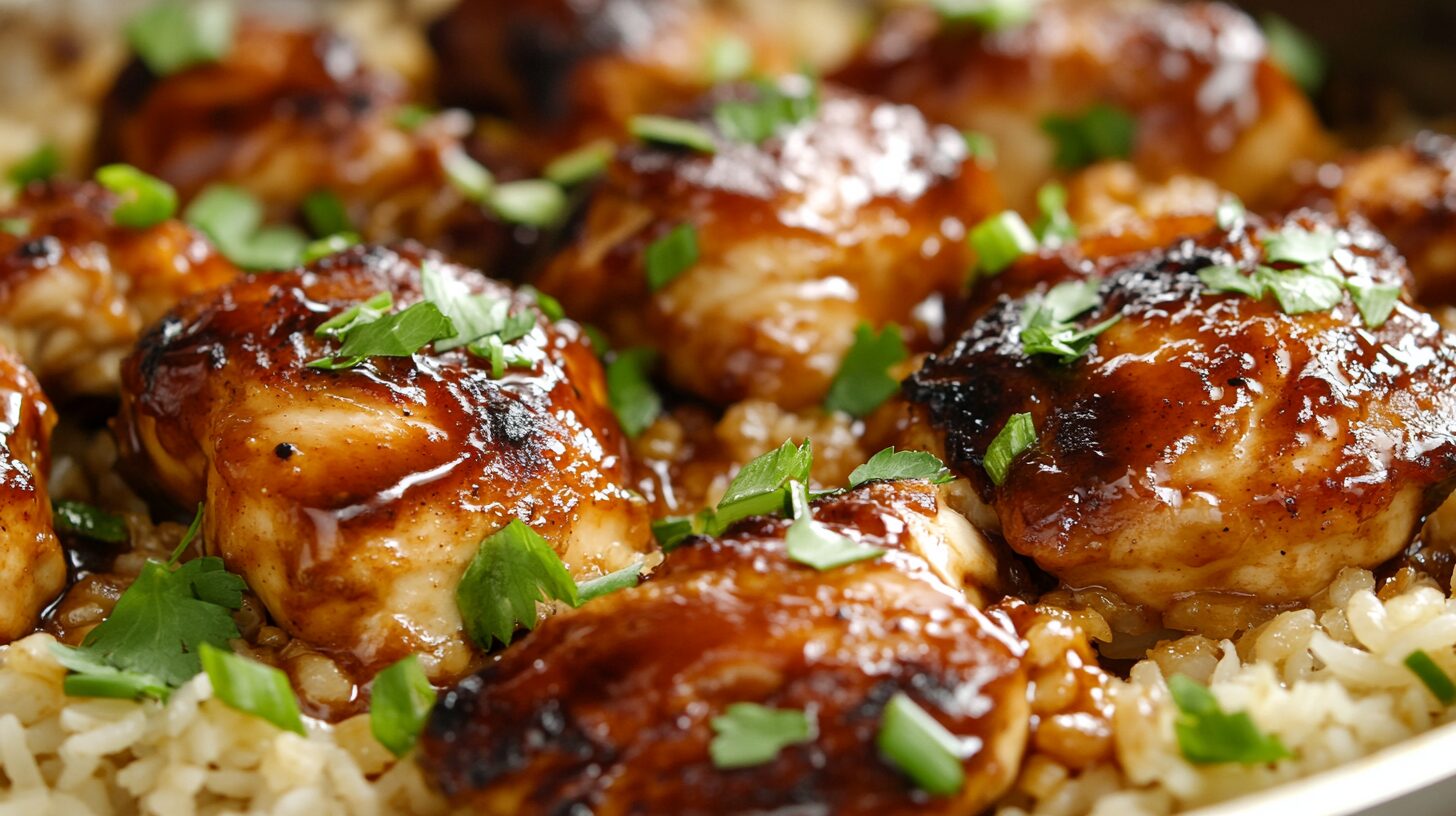Introduction: Why a Food Trailer?
Food trailers are rapidly becoming one of the hottest trends in the culinary world. Not only that, they offer flexibility, lower startup costs, and endless opportunities for creativity. Above all, they are a fantastic way to combine your passion for cooking with entrepreneurial freedom.
In short, whether you’re an aspiring entrepreneur or a seasoned chef looking to expand, a food trailer can help you bring your culinary vision to life while catering to diverse locations and audiences. As a result, this guide dives deep into everything you need to know about food trailers. In addition, we provide insights into building, costs, marketing strategies, and FAQs. Let’s explore the ins and outs of launching a successful food trailer business.
What is a Food Trailer?
A food trailer is, in essence, a mobile kitchen that allows individuals to prepare and serve food at various locations. Unlike a food truck, which is self-contained with an engine for mobility, a food trailer is non-motorized and requires a separate vehicle to tow it from place to place. This distinction offers certain advantages, such as greater flexibility in design and the potential for a larger workspace, as the trailer does not need to accommodate a driving cabin.
In addition, food trailers are particularly appealing to entrepreneurs because of their cost-effectiveness compared to brick-and-mortar restaurants or food trucks. The initial investment tends to be significantly lower, making it an accessible entry point for individuals looking to start a food business. Moreover, food trailers offer a high level of customization, allowing owners to tailor the space to fit their unique brand identity and menu requirements.
For instance, a food trailer can be transformed into a sleek coffee bar, a vibrant taco stand, or even a high-end mobile bistro. Above all, this versatility enables food trailer owners to adapt their offerings to diverse events and customer preferences, whether it’s a bustling city street, a local farmers’ market, or a large festival.
In short, a food trailer is more than just a vehicle; it’s a creative and practical solution for anyone passionate about bringing delicious food directly to their customers, no matter where they are. As a result, food trailers have gained immense popularity across various regions, becoming a staple in the modern culinary landscape.
Benefits of Starting a Food Trailer Business
Starting a food trailer business offers a multitude of benefits, making it an attractive option for both aspiring entrepreneurs and seasoned professionals in the culinary world. Here are some of the key advantages:
- Lower Startup Costs
One of the most significant benefits of a food trailer is its affordability. Unlike opening a traditional brick-and-mortar restaurant or investing in a fully equipped food truck, trailers typically require a much lower initial investment. This cost-effectiveness allows entrepreneurs to launch businesses without taking on excessive financial risk. - Flexibility
Food trailers offer unparalleled mobility, allowing you to move to high-traffic areas or attend events where your target audience gathers. For instance, you can set up shop at bustling farmers’ markets, busy urban streets, or large-scale festivals. In addition, this flexibility enables you to test different locations and adjust your operations based on customer demand. - Customizable Design
Above all, food trailers provide a blank canvas for entrepreneurs to create a space that reflects their brand and menu. Whether you envision a vibrant, colorful setup for a taco stand or a sleek, minimalist design for a coffee trailer, you can tailor every detail of the trailer to suit your style and functional needs. Additionally, you can easily update or modify the design as your business grows. - Scalable Business Model
Food trailers offer a scalable approach to business. Because of their lower operational costs and adaptability, you can start small and gradually expand your offerings or invest in additional trailers as your brand gains traction. For example, many successful trailer owners eventually grow their operations into full-scale food truck fleets or even permanent restaurant locations. - Appeal to Diverse Audiences
Food trailers can uniquely cater to a wide range of customers, from casual street food enthusiasts to gourmet diners at upscale events. Moreover, their mobility allows you to bring your food directly to your customers, enhancing convenience and creating a memorable dining experience. - Eco-Friendly Options
In contrast to traditional restaurants, trailers often have a smaller environmental footprint. By incorporating energy-efficient appliances and sourcing local ingredients, you can align your business with sustainable practices, appealing to environmentally conscious customers.
In conclusion, these benefits make trailers a practical and exciting choice for anyone looking to enter the food industry. With the right strategy and creativity, you can build a successful and rewarding business that delights customers and stands out in a competitive market.
How to Build a Food Trailer: Step-by-Step Guide
Building a trailer requires careful planning and creativity. However, it’s important to follow specific steps to ensure success. Therefore, we’ve broken it down into manageable steps.
1. Plan Your Concept
- Decide on a theme or cuisine. For example, will you serve gourmet burgers, vegan snacks, or fusion cuisine?
- Research your target market and analyze competitors to understand customer preferences better.
2. Set Your Budget
- Determine how much you’re willing to invest. In fact, trailers typically cost between $15,000 and $50,000, depending on size and features.
3. Choose the Right Trailer
- Select a trailer size that fits your menu and equipment needs. On the other hand, consider purchasing a refurbished trailer if your budget is limited.
4. Design the Interior
- Plan the layout for efficiency. For example, include areas for cooking, storage, and serving.
- In addition, ensure proper ventilation, fire safety, and cleanliness.
5. Install Equipment
- Equip your trailer with essential appliances such as stoves, fryers, refrigerators, and sinks. Moreover, opt for energy-efficient appliances to save costs.
6. Obtain Licenses and Permits
- Research local health and business regulations. Consequently, you’ll avoid potential fines or legal issues.
- Additionally, apply for necessary permits, including food handler certifications and zoning permissions.
7. Test and Launch
- Conduct trial runs to refine your operations. For instance, practice serving different types of customers at small events.
- Next, plan a grand opening to attract attention and customers.
Check out our comprehensive guide on How to Build a Food Trailer for more details.
Costs of a Food Trailer
Understanding the costs involved is crucial for budgeting. In addition, a clear breakdown can help avoid unexpected expenses:
- Trailer Cost: $15,000–$50,000
- Equipment: $5,000–$15,000
- Permits and Licenses: $500–$2,000
- Insurance: $1,000–$3,000 annually
- Marketing and Branding: $1,000–$5,000
Moreover, managing these costs effectively ensures your business remains profitable. For instance, you might save by purchasing used equipment. Read our detailed post on How Much Does a Food Trailer Cost for more insights.
Tips for a Successful Food Trailer Business
Above all, running a successful trailer business requires strategic planning and execution. Because of this, here are some tips:
1. Create a Unique Brand
- Develop a catchy name, logo, and menu design. Additionally, use social media to showcase your food and connect with customers.
2. Optimize Your Menu
- Keep your menu concise but diverse. For example, include signature dishes to stand out from competitors.
3. Scout the Best Locations
- Focus on high-traffic areas, such as parks, festivals, and office complexes. In contrast, rotating locations can help maximize exposure.
4. Focus on Customer Experience
- Train staff to provide friendly service. Moreover, maintain cleanliness and consistency in food quality.
5. Leverage Technology
- Use a POS system for seamless transactions. Consequently, customers will appreciate the convenience.
- Additionally, accept multiple payment options, including mobile payments.
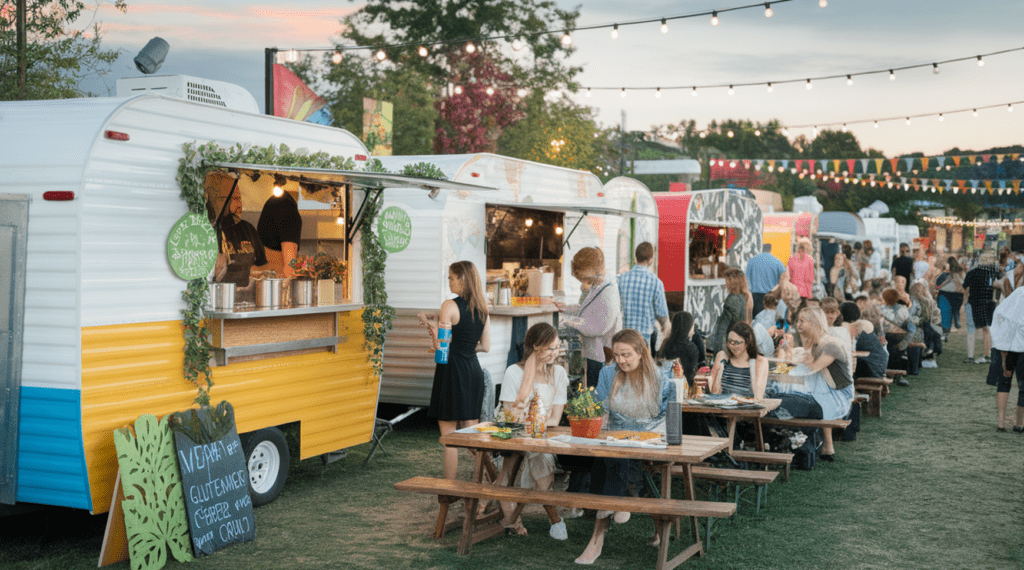
Creative Variations for Food Trailers
Food trailers offer an incredible opportunity for customization, allowing you to bring unique concepts to life and cater to diverse audiences. By thinking creatively, you can design a trailer that stands out and attracts a loyal customer base. Here are some innovative ideas to consider:
Regional or Ethnic Cuisine Trailer
Celebrate a specific culture by offering authentic regional dishes. Whether it’s Italian pasta, Indian street food, or Moroccan tagines, focusing on a particular cuisine can create a unique identity for your trailer. This approach allows you to attract customers eager to experience global flavors in a local setting. For ideas on starting a trailer business, visit our Food Trailer overview page.
Vegan or Gluten-Free Trailer
With dietary preferences on the rise, creating a vegan or gluten-free trailer is a great way to tap into the growing market of health-conscious consumers. For instance, you could serve plant-based burgers, gluten-free wraps, or nutritious smoothie bowls. This concept addresses dietary needs and aligns with eco-friendly and sustainable business practices. To learn more about designing a functional and appealing trailer, visit our guide on How to Build a Trailer.
Dessert-Only Trailer
Imagine a trailer dedicated solely to sweet indulgences—serving crepes, artisan ice creams, or freshly baked pastries. This concept appeals to customers with a sweet tooth and works especially well at family-friendly events or festivals. For tips on maximising your trailer’s space for specialized setups like this, explore How to Make a Food Trailer.
Fusion Cuisine
Experimenting with fusion cuisine can make your food trailer a destination for adventurous eaters. For example, you could combine Mexican and Asian flavors to create unique taco varieties or offer Mediterranean-inspired sushi rolls. Fusion cuisine allows for endless creativity and can attract customers looking for something out of the ordinary. To understand the weight and space requirements for innovative menus like this, check out How Much Does a Food Trailer Weigh.
Farm-to-Trailer Concept
If sustainability is a priority, consider sourcing local ingredients and adopting a farm-to-trailer approach. This model emphasizes fresh, organic produce and appeals to eco-conscious consumers. Moreover, highlighting your partnerships with local farmers can build community goodwill and set you apart in a competitive market. For insights on budgeting for sustainable setups, read How Much Does a Food Trailer Cost.
Health and Wellness Trailer
Take inspiration from health food stores that offer nutritious and wholesome options. A focused on healthy snacks like trail mix, protein bars, and fresh juices can cater to fitness enthusiasts or those looking for guilt-free treats. For more inspiration, check out our article on A Health Food Store Makes Trail Mix.
FAQs About Food Trailers
1. How Much Can a Food Trailer Make?
Depending on location, menu, and marketing efforts, trailers can generate $5,000–$20,000 per month. In addition, consistent quality can lead to repeat customers.
2. Is It Better to Have a Food Truck or Trailer?
Food trailers are more affordable and spacious. However, they require a tow vehicle, whereas food trucks are self-contained.
3. How Do I Get Funding for a Food Trailer?
Explore options such as:
- Small business loans
- Crowdfunding platforms
- Grants for small food businesses
4. What is a Food Trailer Called?
It’s often referred to as a mobile kitchen, concession trailer, or catering trailer. Moreover, the terminology varies by region.
Check our How Much Does a Food Trailer Weigh post for more FAQs.
Conclusion: Start Your Food Trailer Journey Today
In conclusion, launching a food trailer business can be an incredibly rewarding venture. Above all, it allows you to combine your passion for food with the freedom to be your own boss. With proper planning, creativity, and dedication, you can build a thriving business that serves delicious meals to customers wherever they are. Whether you’re starting small or dreaming big, the possibilities with a food trailer are endless.
Moreover, having the right resources and guidance can make all the difference in your journey. For additional tips and inspiration, visit our Food Trailer page to explore more resources.
Finally, as you plan your venture, don’t forget to consult reputable sources for recipes and culinary techniques. Websites like All Recipes, Food Network, and Tasty offer excellent insights to enhance your menu and bring creativity to your offerings.
Ready to take the first step? With the right approach and a little inspiration, your food trailer dream can become a reality. Happy cooking and best of luck on your exciting entrepreneurial journey!

Chocolate Guinness Cake with Baileys Buttercream

Ultimate Dolly Parton Butterscotch Pie: 5 Sweet Reasons to Try This Classic Dessert
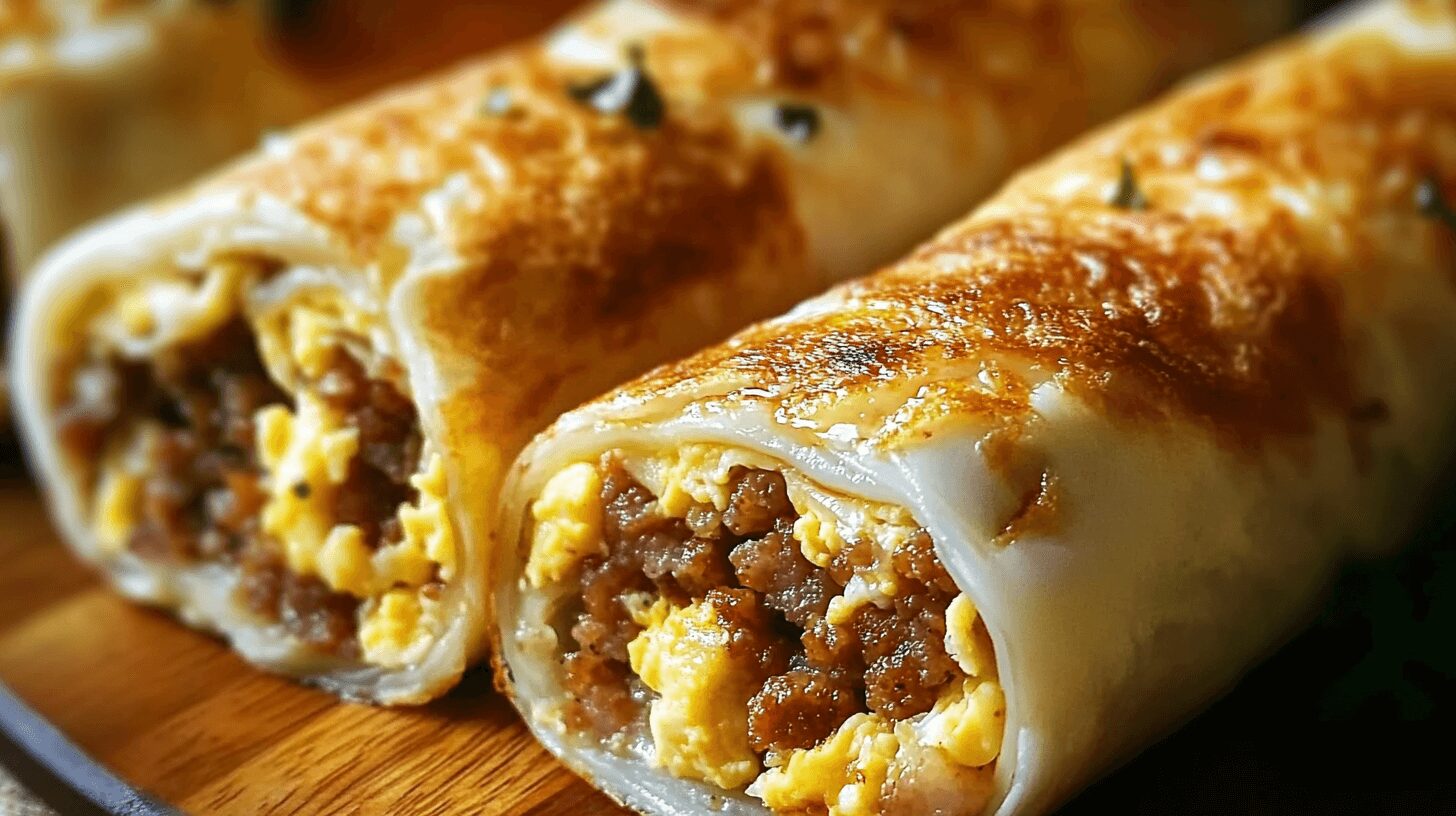
5-Minute Sausage Egg and Cheese Breakfast Roll-Ups: The Perfect Morning Delight
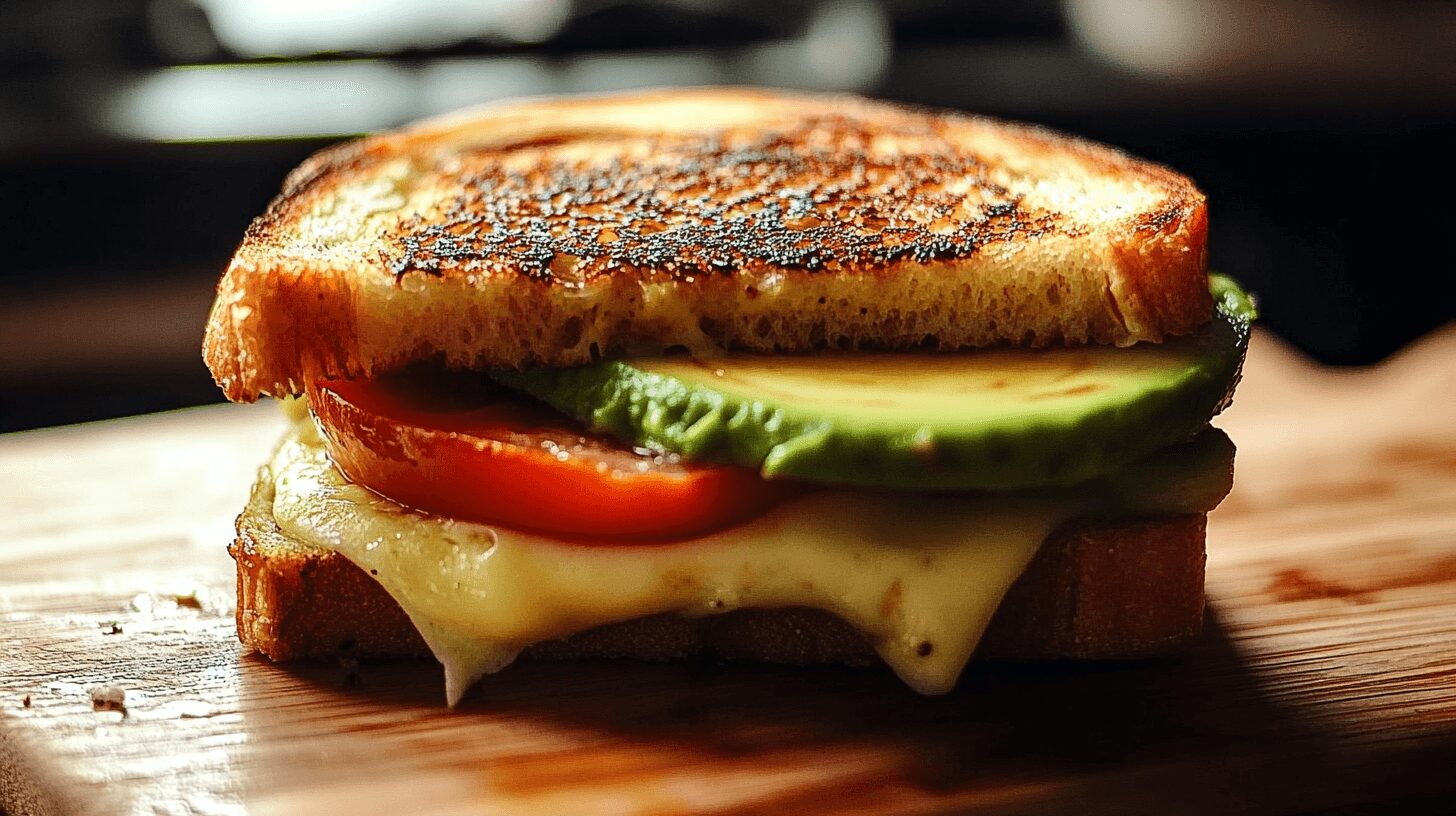
Healthy Avocado Grilled Cheese: 5 Reasons to Try This Nutritious Twist on a Classic
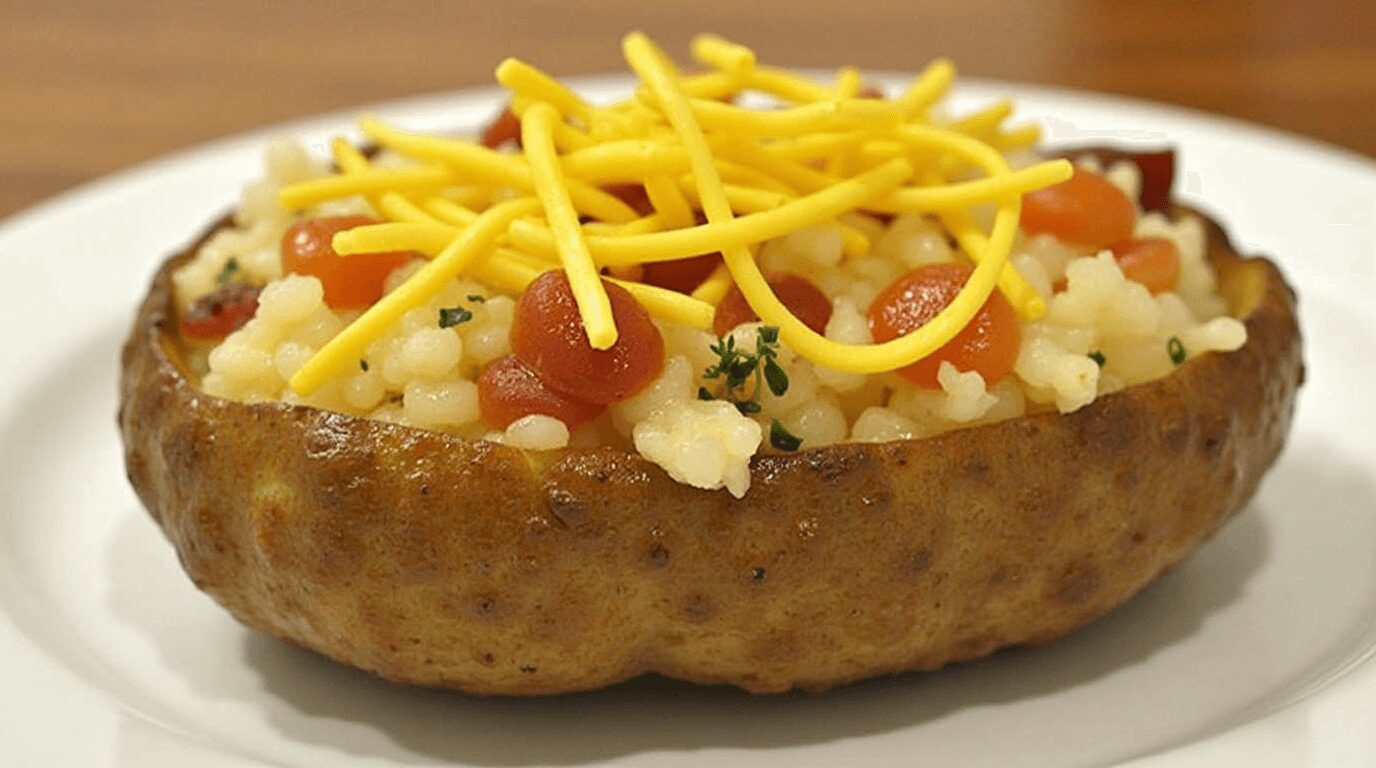
7 Reasons to Love Smothered Potatoes: A Delicious and Nutritious Comfort Food

Greek Yogurt Chia Pudding: 5 Reasons This Simple, Healthy Treat is a Game-Changer

